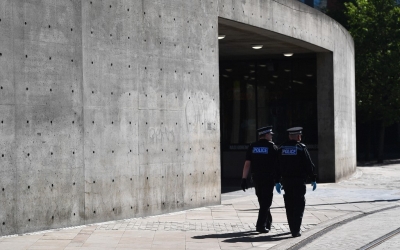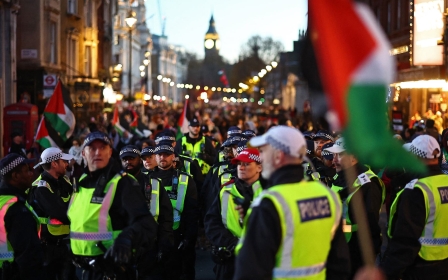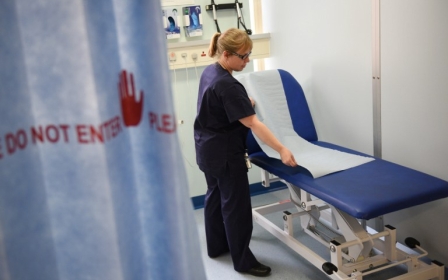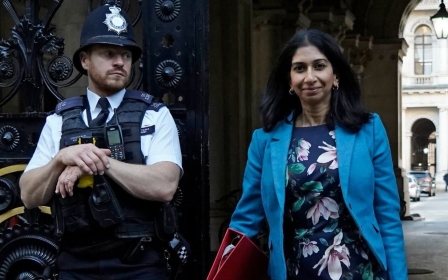Ethical concerns raised over NHS data sharing with counterterrorism police
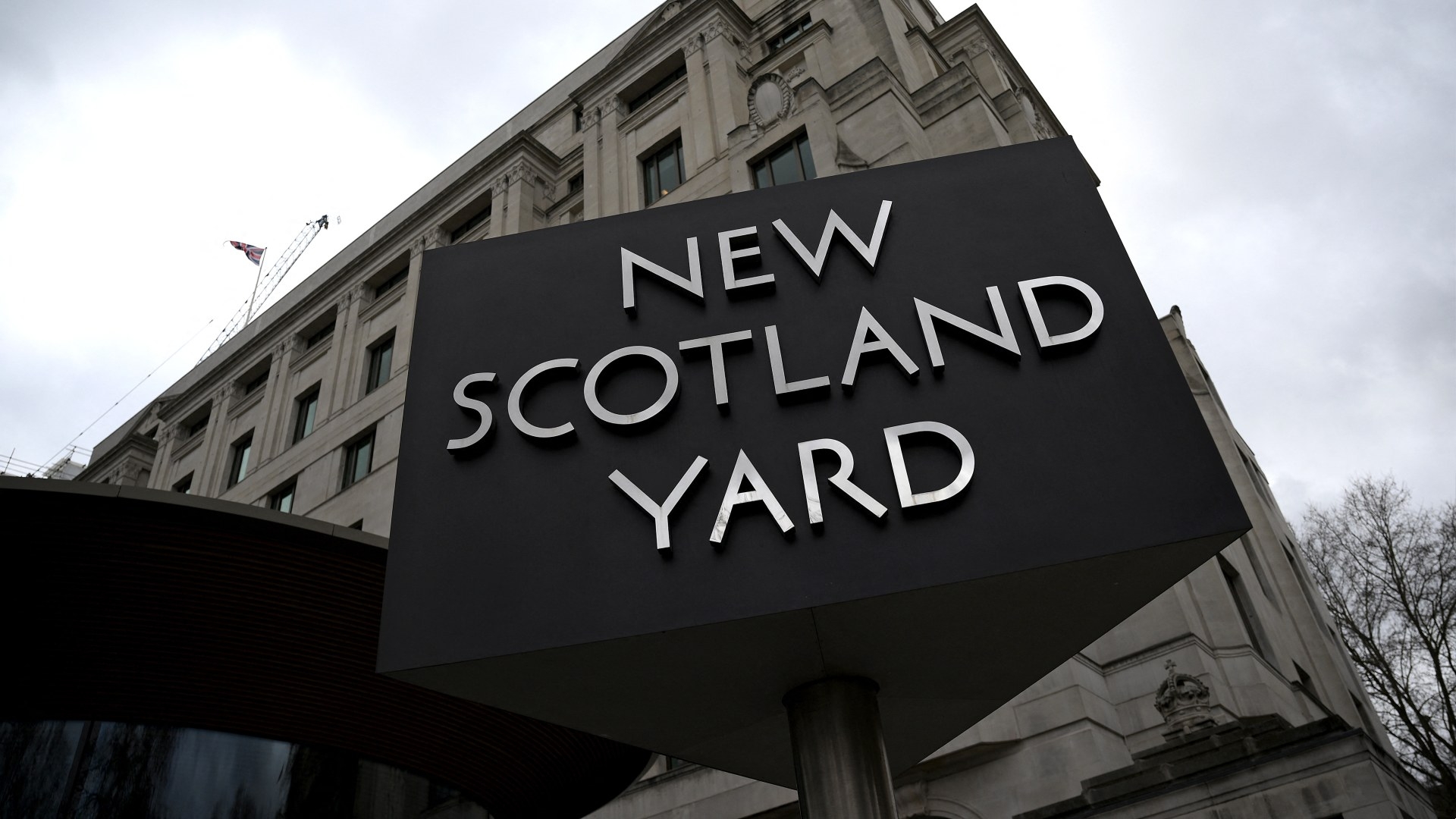
Counterterrorism police in the UK have access to confidential patient medical information through a new data-sharing programme with the National Health Service.
The programme, called the Counter Terrorism Clinical Consultancy Service (CT CCS), was launched in April to “facilitate information sharing” about people of interest to police who may also have a mental health condition.
Based in police headquarters in London, Manchester and Birmingham, the programme brings together psychiatrists, psychologists and mental health nurses with counterterrorism police officers.
Three NHS trusts are delivering the service, having won a £17m ($21.8m) contract tendered by the Metropolitan Police last year to provide “forensic mental health services” to Counter Terrorism Policing.
In December, a job advert posted on the NHS website for a forensic mental health specialist described the role as "a unique opportunity to do something different".
New MEE newsletter: Jerusalem Dispatch
Sign up to get the latest insights and analysis on Israel-Palestine, alongside Turkey Unpacked and other MEE newsletters
"The aim of the team is to work with counterterrorism officers in assessing and managing the risks posed by individuals with severe mental illness," the advert said.
However, a report published on Wednesday by the medical charity Medact said the new programme appeared to create “an indirect surveillance relationship between health workers and patients” and raised “serious ethical concerns”.
Medact noted that most cases handled by the CT CCS involved people with no criminal record, referred through the Prevent programme and classified as low-level concerns, including many children.
The Medact report said it was too early to access demographic data on referrals to the CT CCS but expected Muslims to make up a significant proportion of cases, citing its previous research on a pilot programme that found Muslims were 23 times more likely to be referred than white British individuals.
Charlotte Heath-Kelly, a professor of politics and international studies at the University of Warwick and the report's author, said the programme allows police to access medical records of people of interest without their consent and “manage them covertly”.
“This secretive working relationship between Counter Terrorism Policing and NHS trusts raises deep concerns about NHS staff being co-opted into a policing function, surveilling patients and acting outside of their remit as health workers,” said Heath-Kelly.
Prevent, a key component of the UK’s counterterrorism strategy, aims to “stop people becoming terrorists or supporting terrorism”.
Since 2015, Prevent has required public sector workers, including doctors and NHS staff, to refer people they believe may be “susceptible to radicalisation”.
Health sector referrals to Prevent accounted for 606 out of 6,817 total referrals from 2022 to 2023, according to the latest government figures.
Critics argue that Prevent undermines fundamental human rights and disproportionately targets Muslim communities.
A contentious review of Prevent by William Shawcross, conducted under the previous Conservative government, was widely boycotted by human rights organisations and campaign groups, who dismissed it as a whitewash.
Sarah Lasoye, a campaigner at Medact, said: “The previous government’s failure to scrutinise this new programme, alongside its deeply biased review of the Prevent scheme, demonstrate an egregious dereliction of responsibility.
“We call on the new government to engage with longstanding, well-evidenced criticism of pre-crime policing programmes such as CT CCS and Prevent, which infringe on the rights of many.”
While police were previously able to request access to medical information, the Medact report described the role of clinicians working within the CT CCS as “translating the mental health system to police officers”.
The report said: “CT CCS clinicians can consult with counterterrorism case officers to explain how a psychological condition affects behaviour, can watch bodycam footage and offer an interpretation in line with diagnostic information and – most importantly – formulate how and when an individual’s mental health condition could impact on their engagement with terrorist/extremist content or increase the chance of violent behaviour.”
The programme also allows police to request updates from general practitioners or other health professionals on a patient's behaviour, treatment or medication.
“This raises serious concerns about the way counterterrorism concerns may coercively influence an individual’s treatment,” the report said.
Medact said the programme had been launched without any independent oversight by professional bodies in place and called for the programme to be reviewed by parliament, the General Medical Council, the Information Commissioner’s Office and the Investigatory Powers Commissioner’s Office.
It also highlighted that the programme might contravene guidance issued by the Royal College of Psychiatrists in 2016 following the introduction of the Prevent duty, urging psychiatrists to be “cautious when working in pressured, hermetic law-enforcement environments”.
Middle East Eye has contacted Counter Terrorism Policing and NHS England for comment.
Middle East Eye delivers independent and unrivalled coverage and analysis of the Middle East, North Africa and beyond. To learn more about republishing this content and the associated fees, please fill out this form. More about MEE can be found here.


